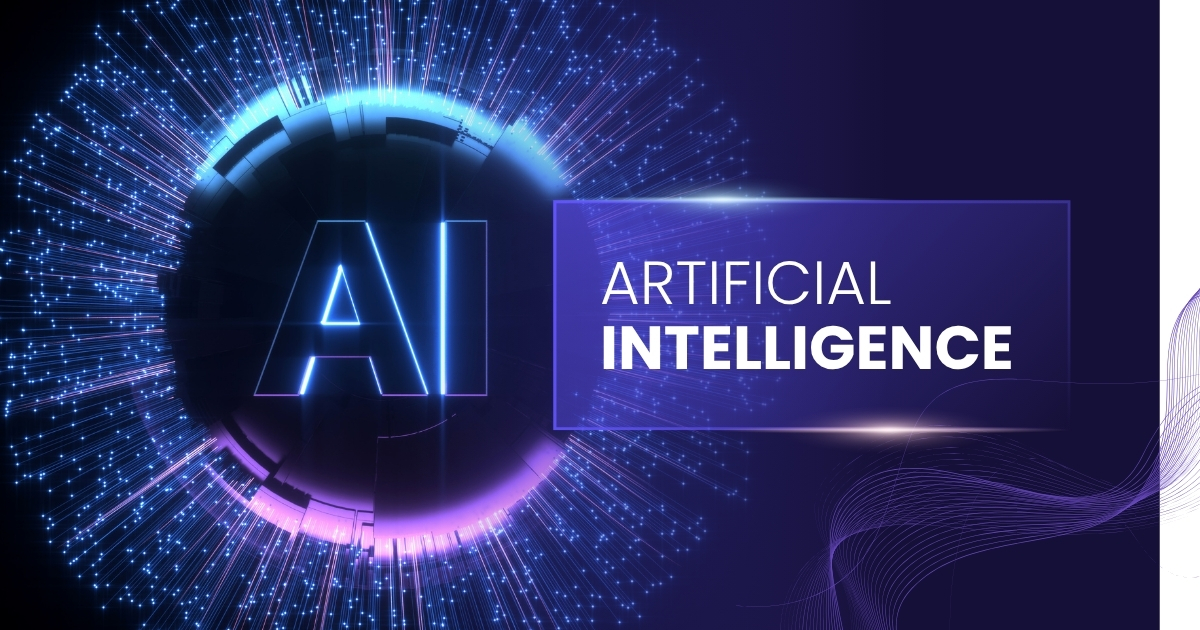Introduction
Artificial Intelligence (AI) sounds like a complex tech term, but it’s all around us. From voice assistants like Siri to Netflix recommendations, AI makes machines smart. But what exactly is AI, and how does it work? Let’s break it down in simple words.
What Is Artificial Intelligence (AI)?
AI is a technology that lets machines think, learn, and make decisions like humans. Instead of following fixed instructions, AI systems learn from data and improve over time.
Example:
A chatbot answering customer questions.
A self-driving car recognizing traffic signals.
A Quick History of AI
1950s: Scientists like Alan Turing asked, “Can machines think?”
1990s-2000s: AI improved with faster computers and big data.
Today: AI powers smartphones, healthcare, and more.
How Does AI Work?
AI works in three simple steps:
Input Data – The AI system receives information (like text, images, or numbers).
Process & Learn – It analyzes patterns using machine learning (a type of AI).
Make Decisions – It predicts or acts based on what it learned.
Example:
Spam filters learn which emails are junk and block them.
Types of AI
Narrow AI – Does one task well (e.g., facial recognition).
General AI – Can do many tasks like a human (still in research).
Super AI – Smarter than humans (only in sci-fi for now).
Where Is AI Used?
AI is everywhere! Here are some real-life examples:
Healthcare – Helps doctors detect diseases early.
Finance – Detects fraud in banking transactions.
Education – Personalizes learning for students.
Daily Life – Powers smart speakers (Alexa, Google Home).
Benefits of AI
Saves Time – Automates boring tasks.
Fewer Mistakes – More accurate than humans in some jobs.
Personalized Services – Recommends movies, songs, or products you’ll like.
Challenges & Risks
Job Changes – Some jobs may be replaced by AI.
Privacy Concerns – AI needs data, which can raise security issues.
Bias in AI – If trained on bad data, AI can make unfair decisions.
The Future of AI
AI will keep growing, making things like voice assistants smarter and medical diagnoses faster. The key is using AI responsibly to help people, not harm them.
Conclusion
AI isn’t just for scientists—it’s part of our daily lives. Understanding it helps us use it wisely. Whether it’s asking Siri for the weather or getting a Netflix recommendation, AI is here to stay!
FAQs
1. What is AI in simple words?
AI is technology that lets machines learn and make decisions like humans.
2. How is AI used every day?
Smartphones, online shopping recommendations, and voice assistants all use AI.
3. Will AI take jobs?
Some jobs may change, but AI also creates new opportunities.
4. Can AI think like humans?
Not yet—current AI is good at specific tasks but lacks human emotions.
5. How can I learn about AI?
Start with free online courses (like Google’s AI basics) or YouTube tutorials.


